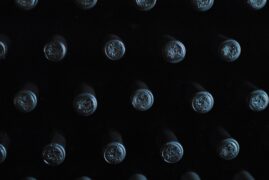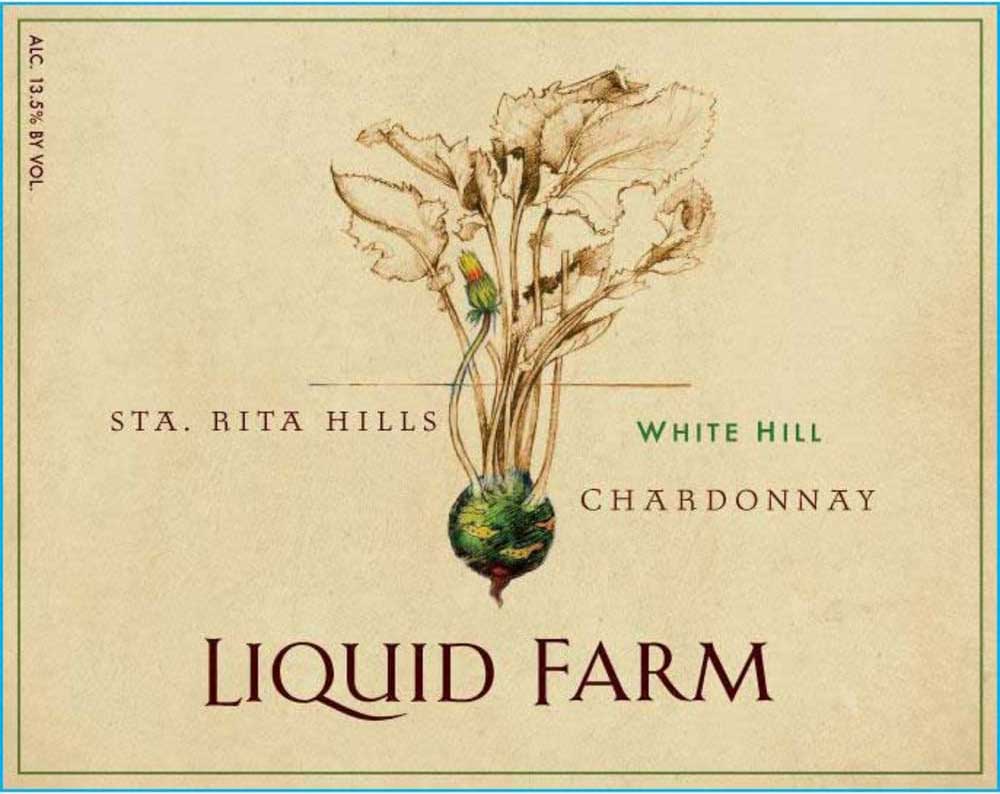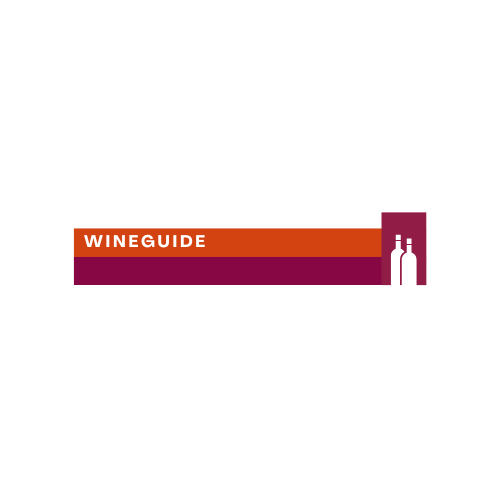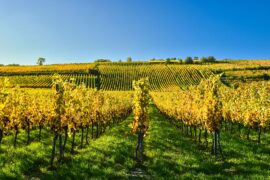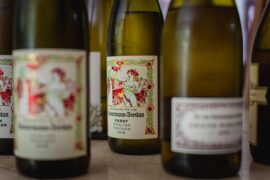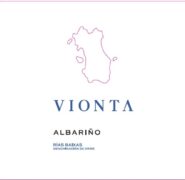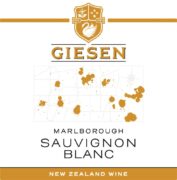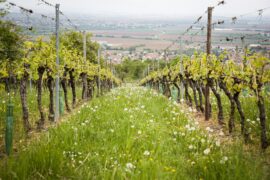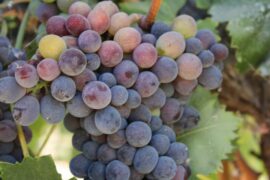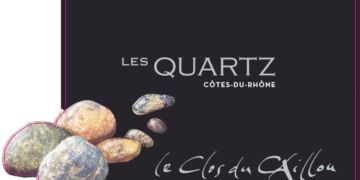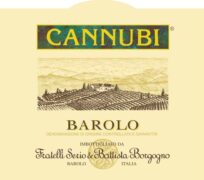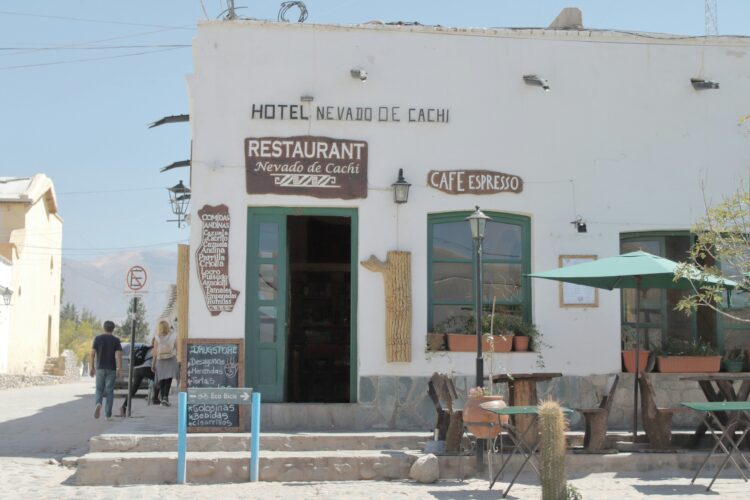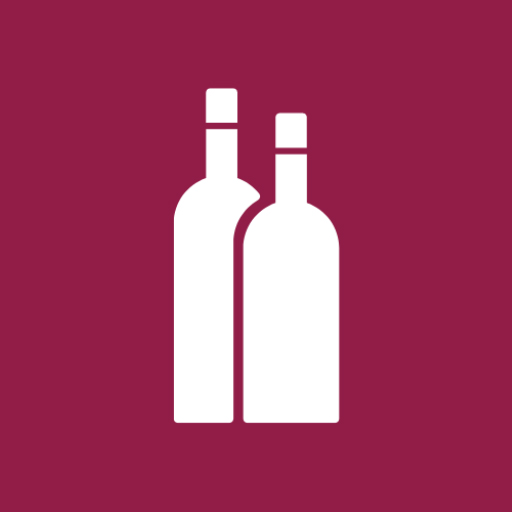Argentina’s wine industry, once thriving, is facing a severe crisis, compounded by a recent high-profile wine fraud scheme and an array of economic challenges. The latest scandal involved counterfeit wine marketed as premium labels, allegedly orchestrated by a Russian suspect apprehended in Italy. This news hit amidst an already critical situation in Argentina, where both domestic and export markets for wine have plunged to their lowest point in two decades. Economic analyses reveal that unfavorable exchange rates, limited investment, and global competition have eroded profitability, and the domestic consumption rate has plummeted by nearly half over the past 20 years.
The international market, once Argentina’s key growth area, has also suffered due to economic strains. As the economic backdrop worsens, bottled wine exports have reached historic lows, a trend that Argentina last faced in 2015 but has since deteriorated further.
Argentina’s situation parallels challenges faced in Portugal’s Douro Valley, where Port grape growers are struggling under low demand and stagnant prices, often unable to cover production costs. The Douro region’s terraces are highly labor-intensive, and many growers are unable to sustain operations. A proposed vine-pull scheme is now under consideration, reflecting a need to address structural imbalances in production.
In contrast, the southern French appellation Costières de Nîmes is planning an elevation to a “Villages” designation by 2027, akin to the Côtes du Rhône Villages approach. This change aims to highlight quality and sustainability, setting the stage for a more stringent focus on environmental practices.
Together, these updates signal a turbulent time in the global wine industry, where economic conditions, demand fluctuations, and sustainability concerns are reshaping the landscape for both established and emerging wine regions.

